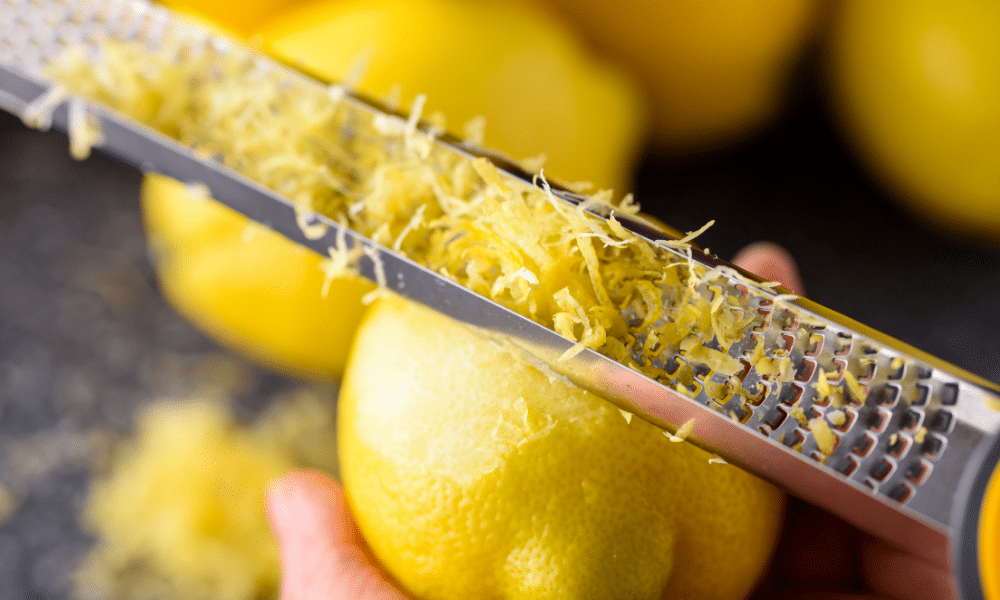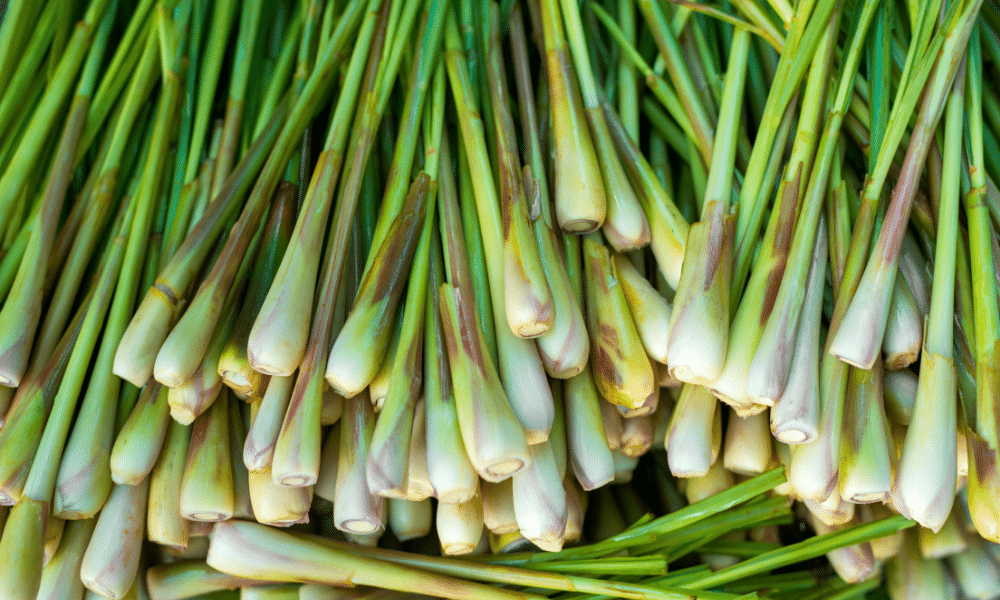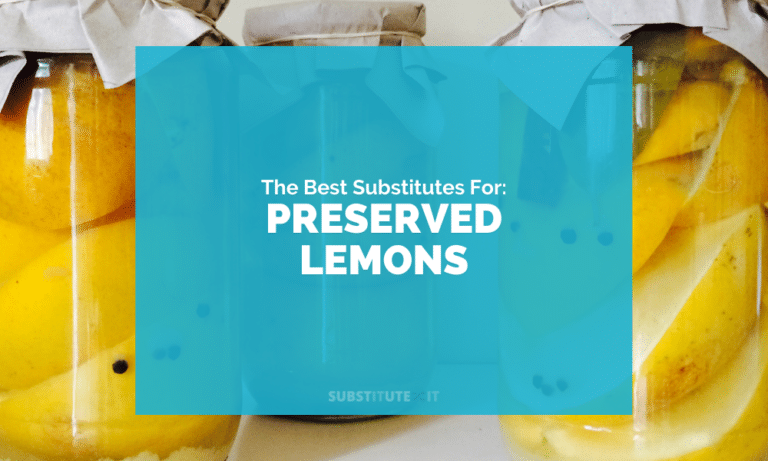As exotic as preserved lemons sound, they are one of the most popular ingredients within Moroccan cuisine, adding a citrusy tang to any dish in an instant.
Really, preserved lemons are not that hard to make. They are essentially just lemons (whole or sliced) that have been left to soak in a salty water bath.
The only issue is that preserved lemons, when properly made can take 4 – 6 weeks to reach their maximum flavour. The lemons need to be left to pickle in salt long enough for the lemon rind to soften up.
If you are short on time or are desperate to try a dish, then you certainly won’t want to spend weeks waiting for ingredients to be ready. And you don’t have to! Instead, consider what substitutes for preserved lemons can be used.
Our 3 Substitutes for Preserved Lemons
The strong, robust flavour that preserved lemons add to a Moroccan dish is hard to recreate without giving the lemons weeks to pickle.
However, there are a handful of substitutes for preserved lemon out there that can provide a strong citrusy flavour that is a lot less time-consuming.
So, here are a few alternative foods you can use instead of or preserved lemons:
1) Lemon Zest
The easiest, alternative to preserved lemons that you could possibly use is simply lemon zests.
There are ample recipes – particularly western recipes – that call for just the zest of the lemon as it offers enough tanginess to impart plenty of flavour into your cooking. And lemon zests can still make dishes typically made using preserved lemons delicious, just in a slightly different way.
Lemon zests do provide that oh-so-lemony fragrance and flavour but it is significantly milder compared to if you used preserved lemons.
At the end of the day, preserved lemons are lemons that have had more time to release and mature their natural flavours.
Use Double the Amount
If a recipe calls for 1 tablespoon of diced preserved lemon then consider using 2 tablespoons of lemon zest to ensure you add a punch of lemony flavour to your cooking. You want to taste it!

2) Salt-Preserved Lemon Skins
Think of salt-preserved lemon skins as the cheater’s preserved lemons – the only difference between this substitution and preserved lemons is the amount of time you allocate to allowing the lemons to preserve.
Many preserved lemon recipes call for the pulp to be removed and only the rind to be chopped up, so we are not straying too far from a recipe’s original intent here.
Simply remove the pulp of a lemon or two, fill a bowl or jar with salt and boiling water, and place the lemon skins into the bowl. Make sure that they are fully covered by the water.
Obviously, this substitution is supposed to replace weeks-long preserved lemons, but the same principle stands in this case.
The longer you let the lemon skins soak, the more flavour will be pulled out of the skins.
Soak for 12 Hours
It is recommended that you soak the skins in the morning and leave them to preserve throughout the day. Then when it is time to cook dinner, they would have had a fair few hours to become delicious.
3) Lemon Paste
Like the salt-preserved lemon skins, a lemon paste is a substitute that will take longer to make than just using lemon zest but will still cut down your required preserving time by weeks.
You can also make a lemon paste in batches to be frozen, doing your future self a favour. That is presuming that you don’t just buy lemon paste in a jar which, while less tasteful, is still a valid alternative.
To make the paste all you need is some salt, lemons and lemon juice.
Start by slicing up your lemons into rings thin enough to easily blend and put them into a cooking pot. Add 4 tablespoons of lemon juice and mix them up. Once your lemons are all covered, add 1 tablespoon of salt, and turn on the heat.
You only want to cook the lemon slices until they start to look translucence otherwise, they will quickly burn and become bitter.
Remove the lemons from the heat and leave them to cool. Or, if you want to get the process over quicker, transfer it to a bowl and leave it in the fridge to cool.
Once the lemons are cool enough to touch, blend them up in a blender until they are pureed. You’re not making soup so there is no need to get rid of every single chunk when blending.
To store, find an old sauce jar and keep it in the fridge. Lemon puree can last 2 or so weeks.
When you are ready to use your puree, keep in mind that you only need 1 tablespoon to every 1 preserved lemon rind a recipe would require.
1 Preserved Lemon = 1 Tablespoon of Paste
The lemon paste will be a very concentrated form of lemon so you should use it sparingly. For every preserved lemon in a recipe, replace it with 1 tablespoon of the paste.
Other Substitutes for Preserved Lemons
Many of the above-mentioned substitutes for preserved lemons, while considerably less time-consuming than making and waiting for preserved lemons, are not ideal when you just want to make a quick meal.
If you want a quick fix solution, try instead:
- Salt and Lemon Juice – A distinguishable feature of preserved lemons can be replicated using the already acidic lemon juice and salt but take a much more fluid, liquid texture.
- Lemongrass – This substitute should only be used as an absolute last resort. One stalk is equivalent to half a preserved lemon. You will still receive a citrusy profile, but you won’t get the same salty flavour of the lemons

Summary
To conclude, whatever you chose to substitute preserved lemons with depends highly on how much effort you are wanting to put into a recipe.
If you can leave your lemons to soak all day before dinner, then your best bet is using salt-preserved lemon skins. However, when you are short on time and just want to replicate that lemony flavour, try lemon juice and salt or zest instead.
